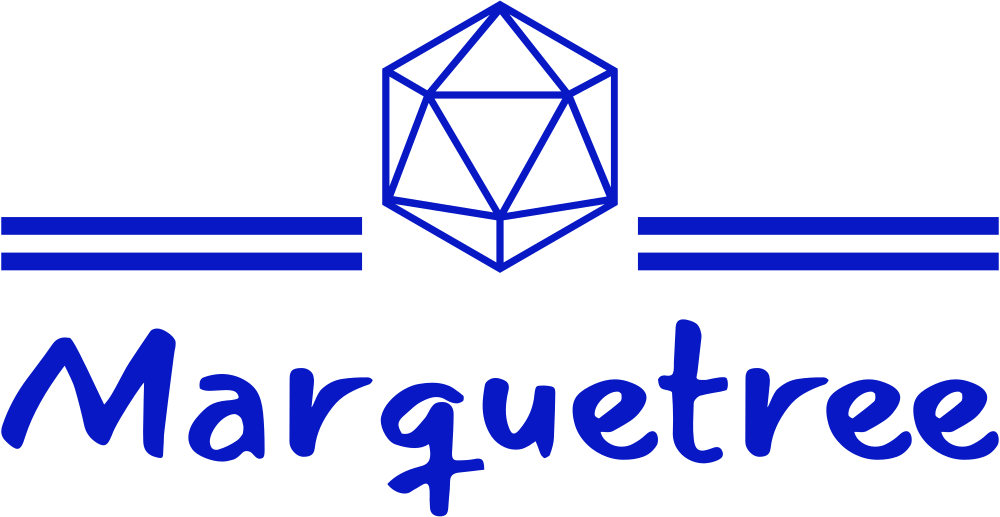Introduction
Trails Carolina Wilderness Therapy is a renowned program designed to help troubled youth through outdoor experiences. However, recent allegations of abuse within the program have raised concerns and prompted discussions about the safety and effectiveness of such wilderness therapy programs. In this article, we will delve into the allegations of abuse, the impact on participants, and the broader implications for wilderness therapy programs like Trails Carolina.
Understanding Wilderness Therapy Programs
“The Basics of Wilderness Therapy”
We’ll start by explaining what wilderness therapy programs entail, emphasizing the focus on outdoor experiences, self-discovery, and personal growth.
“The Rise in Popularity”
Discuss the growing popularity of wilderness therapy programs as an alternative approach to traditional therapy for struggling youth.
Allegations of Abuse at Trails Carolina
“Alarming Reports”
Explore the specific allegations of abuse at Trails Carolina and the reports that have come to light in recent times.
“Emotional and Physical Abuse”
Detail the types of abuse alleged, including emotional and physical abuse, and their impact on participants.
The Impact on Participants
“Long-term Psychological Effects”
Discuss the potential long-term psychological effects that participants may experience as a result of alleged abuse.
“Loss of Trust”
Explore how allegations of abuse can lead to a loss of trust in wilderness therapy programs and the mental health industry as a whole.
The Broader Implications
“Regulation and Oversight”
Discuss the need for increased regulation and oversight of wilderness therapy programs to ensure the safety and well-being of participants.
“Evaluating Effectiveness”
Examine the importance of evaluating the effectiveness of wilderness therapy programs and their impact on participants.
FAQs About Wilderness Therapy Programs and Abuse
- Q: Are all wilderness therapy programs the same?
A: No, there can be significant variations in program design, approach, and quality among wilderness therapy programs.
- Q: How can parents ensure the safety of their child in a wilderness therapy program?
A: Research programs thoroughly, ask for references, and seek recommendations from mental health professionals.
- Q: What should parents do if they suspect abuse in a wilderness therapy program?
A: Contact local authorities, child protective services, and legal counsel to report and address the issue.
- Q: Are there regulations in place for wilderness therapy programs?
A: Regulations vary by state, and not all states have comprehensive oversight of these programs.
- Q: What are alternative options for struggling youth besides wilderness therapy?
A: Alternative options may include traditional therapy, residential treatment centers, and therapeutic boarding schools. It’s important to consult with mental health professionals for guidance.
Conclusion
Allegations of abuse within wilderness therapy programs like Trails Carolina raise critical concerns about the safety and well-being of participants. While these programs can offer valuable experiences for troubled youth, it is crucial to prioritize the safety and regulation of such programs. The impact of alleged abuse on participants and the broader implications for the wilderness therapy industry call for increased transparency, accountability, and oversight to ensure the effectiveness and safety of these programs.
